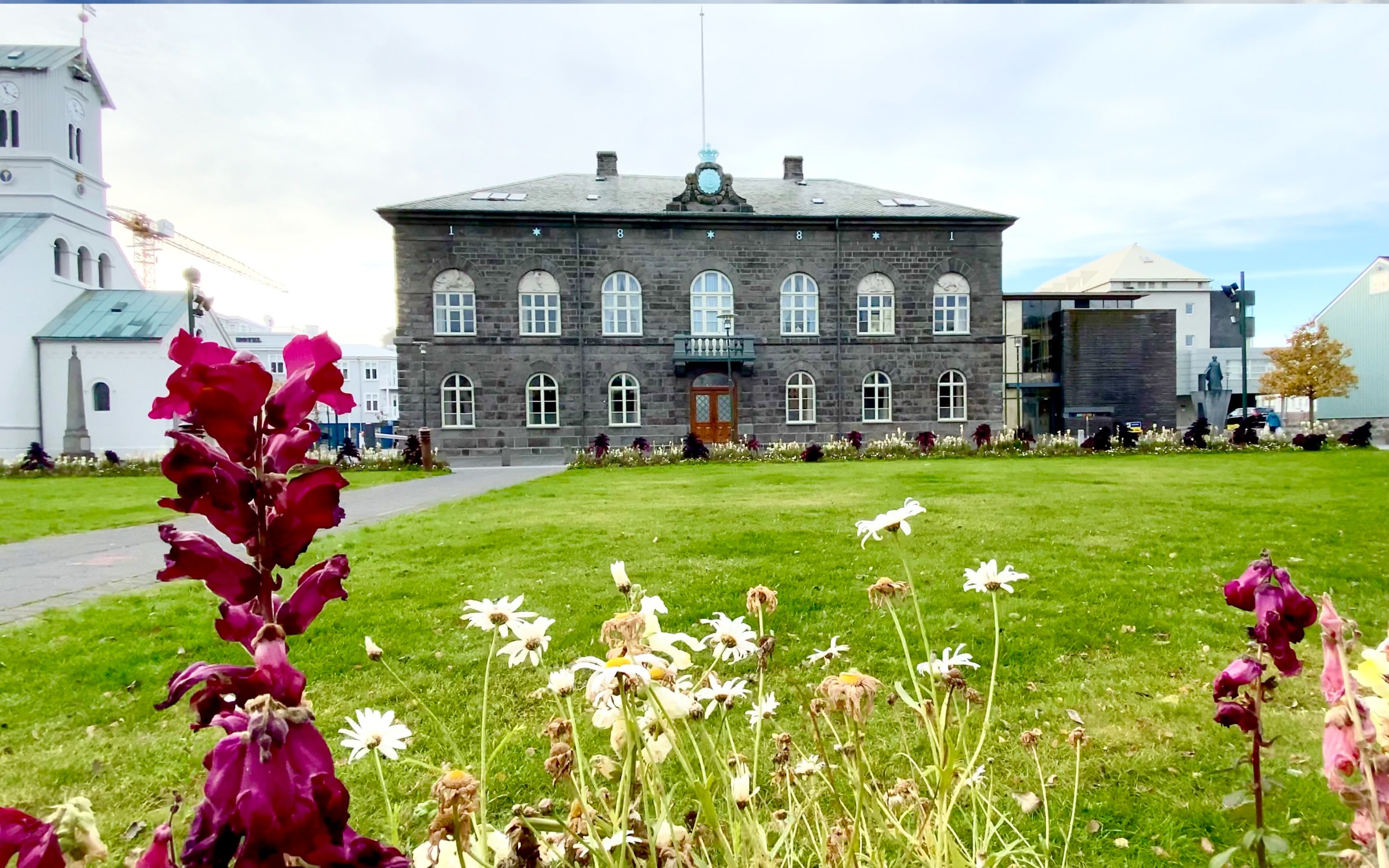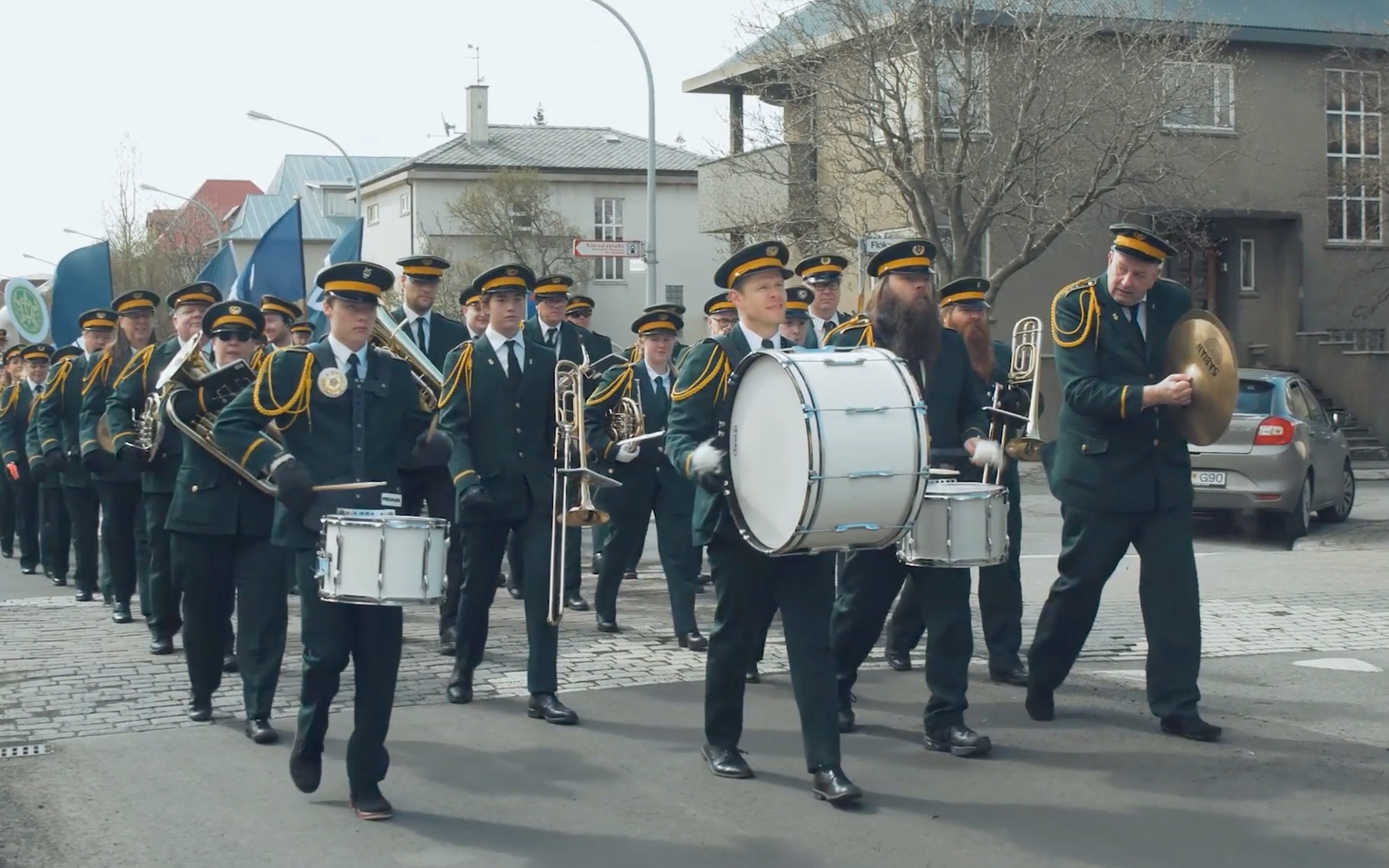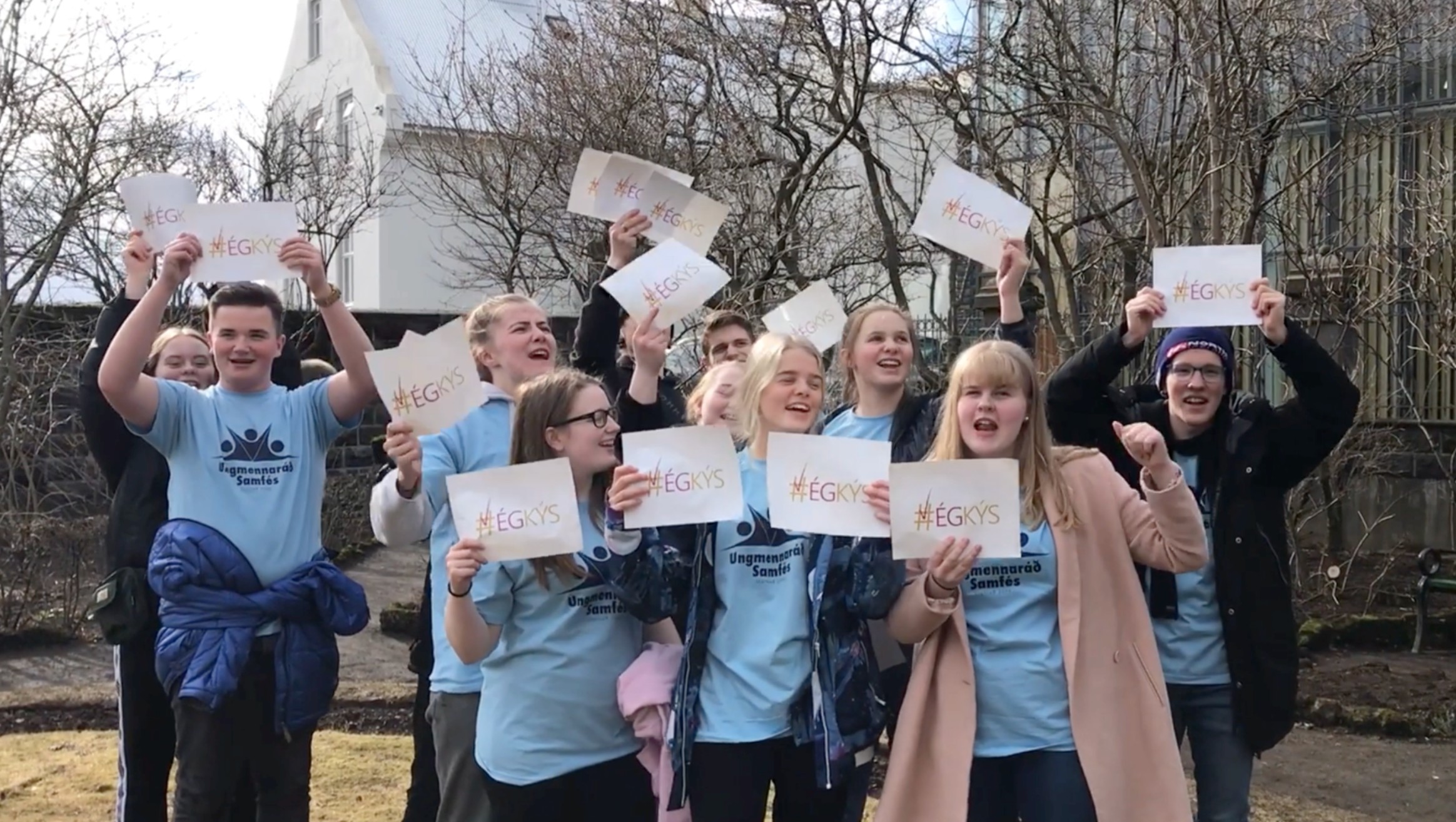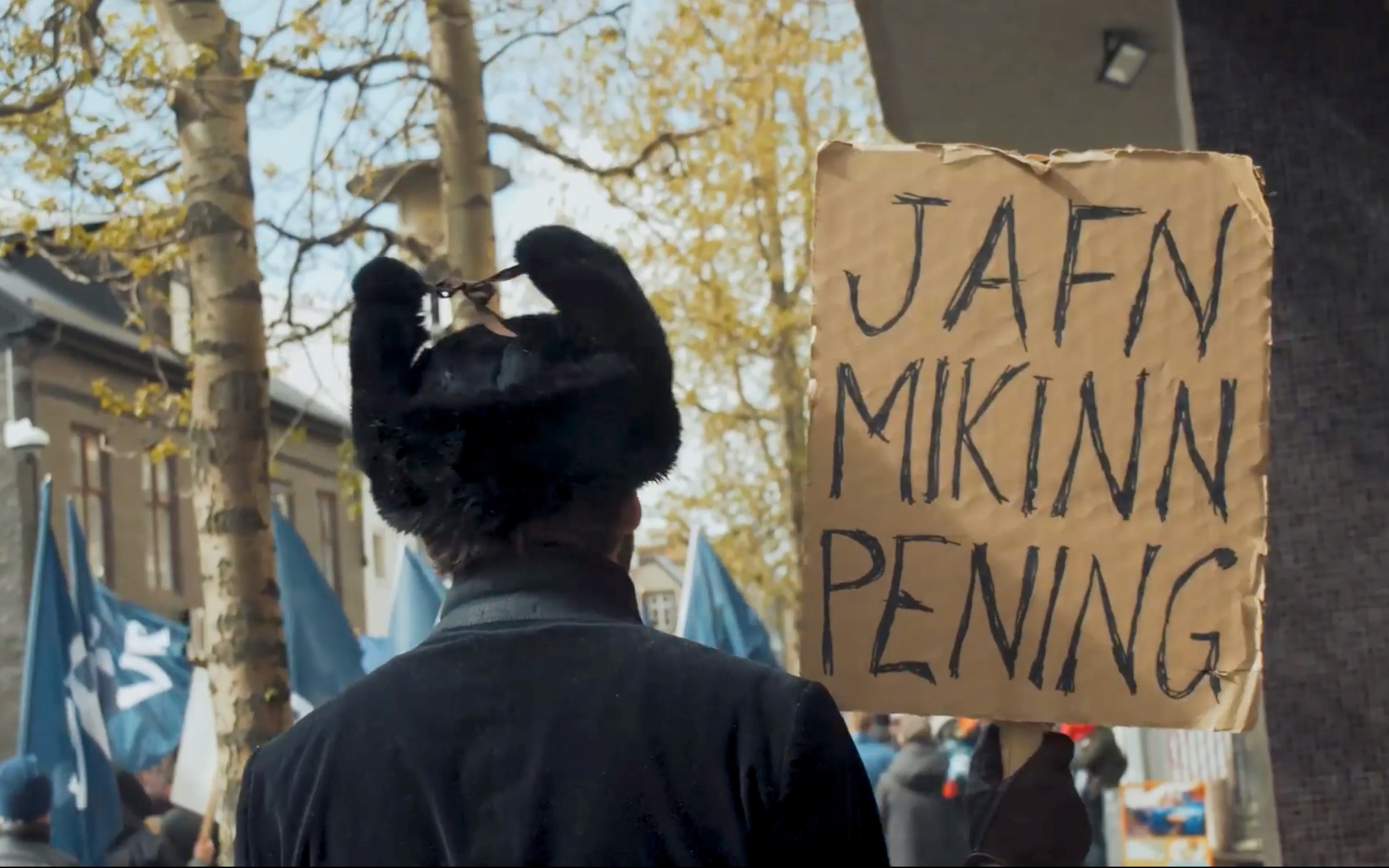Democracy & Welfare Society
Rights and Freedoms in a Democratic Society
- Iceland is a republic and a democratic state. The Republic was founded on June 17, 1944.
- A republic means that the power is held by the people. Citizens will vote for representatives in parliament (Alþingi) as well as municipal representatives. These representatives belong to different political parties.
- Parliamentary elections are held every four years.
- The nation's president is also selected for a four-year term by popular vote.
- Elections are decided by popular majority.
- It is nevertheless important for the government majority to consider the will of the minority when forming policies, e.g., in parliament and the municipalities.
- Every citizen over the age of 18 has the right to vote in Iceland.
- An individual must have Icelandic citizenship to be able to vote in parliamentary elections.
- To vote in municipal elections, foreign nationals must have been domiciled in Iceland for five years consecutively leading up to the date of the election.
- Power is separated into three branches of government: Legislative, executive and judicial.
The United Nations Charter
- The United Nations Charter was signed in San Francisco on 26 June 1945. This was the first international treaty with the specific aim of maintaining and protecting human rights around the world.
- Iceland signed the charter in 1946.
- The Universal Declaration of Human Rights was signed on 10 December 1948.
- It includes the following: Everyone is born free and equal. Everyone has the same rights regardless of colour, race, sex, language, creed, religion, or other beliefs.
From the Universal Declaration of Human Rights
- Everyone is born free and equal. Everyone has the same rights regardless of colour, race, sex, language, creed, religion, or other beliefs.
- Everyone has the right to life, liberty and the security of person. No one shall be held in slavery or servitude, no one can sell or purchase another human being.
- Everyone has the right to just and favourable remuneration. Motherhood and childhood are entitled to special care and assistance.
- Everyone has duties to the community and fellow citizens.
- No one shall be subjected to arbitrary arrest, detention or exile. Everyone is entitled in full equality to a fair and public hearing by an independent and impartial tribunal.
- Everyone has the right to a nationality and no one shall be deprived of their nationality.
European Court of Human Rights
- The European Court of Human Rights (ECHR) was established in 1959 based on the European Convention on Human Rights. Iceland signed the convention in 1950 and it was committed to law in Iceland in 1994.
- The convention covers the right to life and liberty; the right to a fair and public hearing; ban against torture; the right to privacy; and the freedom of expression, religion, and association.
- Many specific human rights are protected by international treaties and by Icelandic law, as well as by the Icelandic constitution.
Hate Speech
- Hate Speech is any kind of words, images, or other forms of communication which disseminates or instigates hatred against an individual or individuals that belongs to a specific group.
- Hate speech is hurtful and can have serious consequences for individuals and groups.
- According to the Icelandic penal code, public hate speech is understood as any hateful or discriminatory language against individuals or groups based on their religion, ethnicity, nationality, race, colour, descent, gender identity, or sexuality, and is punishable by financial penalties or up to 2 years in prison.
Prejudice
- Prejudices are those judgments people make when only one side of an issue has been explored or when something is judged in advance.
- Prejudices are often formed by ignorance or fear of new or alien things which people are exposed to in the media or society.
- Both those who are already living within the community and those who join a new community may experience prejudices.
- By increasing the participation and visibility of different people in as many stages of life as possible it is possible to broaden people's understanding and reduce prejudice.
- It is healthy for everyone to look inward and see if they can detect prejudices when seeing or experiencing something new or novel. Then it can be good to delve deeper, seek out information, and ask questions.





